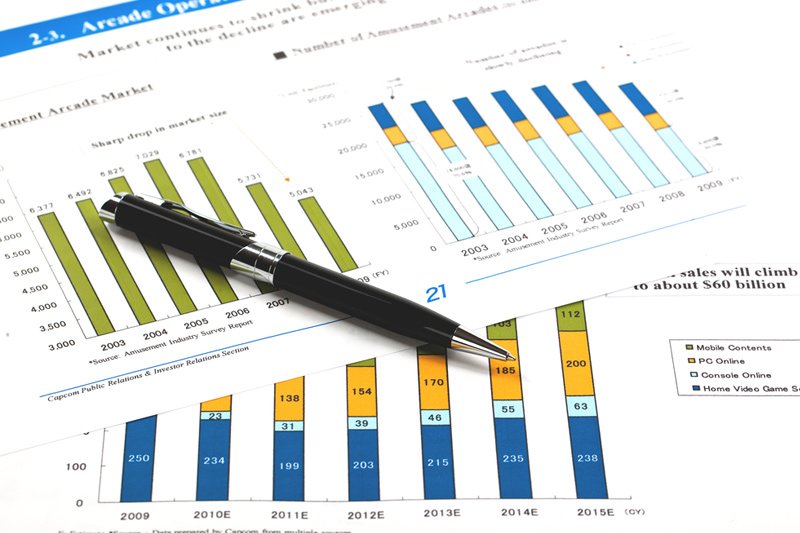Australia Raises Interest Rates, But Major Central Bank Pause Seen On The Horizon
©Reuters. FILE PHOTO: An ibis bird perches next to the Reserve Bank of Australia’s headquarters in central Sydney, Australia February 6, 2018. REUTERS/Daniel Munoz/File Photo
LONDON (Reuters) – Australia was the last major central bank to hike rates and hinted at further rate hikes on Tuesday, even as most major central banks steadily approach a pause in aggressive monetary tightening as inflationary pressures show signs of moderating.
Last week the US Federal Reserve completed its smallest hike yet in its tightening cycle and markets are suspecting a peak for the European Central Bank and Bank of England is nearing.
A total of 10 major developed economies have hiked rates by a total of 2,990 basis points so far this cycle. Japan is the holdout pigeon.
Here’s a look at where policymakers stand, from restrictive to dovish.
The race to raise interest rates
1) UNITED STATES
The Fed raised interest rates by 25 basis points (bps) last week to a range of 4.50% to 4.75%, the smallest hike so far in an 11-month tightening cycle.
Fed Chair Jerome Powell said it was “inappropriate” to cut rates in 2023, warning that inflation remains too high and fighting off an exuberant market rally on hopes of eventual rate cuts. Friday’s strong US jobs data further dampened rate cut speculation.
The Fed promises more rate hikes
2) CANADA
The Bank of Canada (BoC) raised interest rates by 25 basis points to 4.5% on January 18, the highest in 15 years.
BoC Gov. Tiff Macklem told Reuters his sole focus was whether borrowing costs should be higher, crushing market bets that cuts could come as early as October.
The Bank of Canada has hiked interest rates by a record 425 basis points in 10 months. Inflation, which peaked at 8.1% and slowed to 6.3% in December, remains more than triple the BoC’s 2% target.
The Bank of Canada moves on
3) NEW ZEALAND
The Reserve Bank of New Zealand (RBNZ) increased its tightening pace in November, delivering a record 75 basis point hike after five consecutive 50 basis point rate hikes.
Minutes of the meeting showed that the RBNZ was also considering a larger 100bp hike, but opted for a smaller hike. The central bank raised its forecast for the top interest rate to 5.5% from a previous forecast of 4.1%.
Record rate hike in New Zealand
4) GREAT BRITAIN
The BoE, the first major central bank to turn hawkish again in December 2021, last week raised interest rates to 4% for the tenth consecutive month, the highest level since 2008. The BoE scrapped an earlier promise to raise interest rates “strongly “ to increase further. and said inflation had probably peaked.
The BoE’s fight against inflation
5) AUSTRALIA
Australia’s central bank hiked interest rates by a quarter point to 3.35% on Tuesday, the highest level in a decade.
It was the ninth rate hike in the current cycle and the RBA said more rate hikes were needed in the coming meetings to bring inflation down from a 33-year high.
tame inflation-
6) NORWAY
Norway, which lifted the curtain on the dovish global trend with the first rate hike in September 2021, left its policy rate unchanged at 2.75% on January 19.
Norges Bank also noted that inflationary pressures were easing and previous hikes were slowing the economy.
Hikes stalled-
7) EURO ZONE
The ECB raised interest rates by 50 basis points to 2.5% last week, the fifth straight hike and the highest level since November 2008.
She said she intends to raise interest rates by a further 50 basis points in March to bring inflation down to its medium-term target of 2%.
While headline inflation in the euro zone eased for a third month in January, falling to 8.5% from 9.2% in December, core inflation remained stable at 5.2%.
ECB raises again and signals more
8) SWEDEN
Swedish inflation hit a 30-year high of 10.2% yoy in December, increasing pressure on the Riksbank to further raise borrowing costs.
The Swedish central bank raised interest rates by 75 basis points to 2.5% in November and will next meet on February 8th.
More walks expected-
9) SWITZERLAND
The Swiss National Bank (SNB) raised its key interest rate by 50 basis points to 1% in December, its third hike of 2022. Senior officials have signaled more hikes could come this year.
SNB Chairman Thomas Jordan said last month it was too early to sound the all-clear on inflation, despite inflation falling to 2.8% yoy in December.
exit from negative interest
10) JAPAN
The Bank of Japan, the most dovish major global central bank, neared the end of its ultra-loose monetary policy in December with a restrictive change to the yield curve control system that sets lending rates.
The BOJ opposed further policy changes in January. However, as inflation rises, the International Monetary Fund has recommended the BOJ allow government bond yields to move more freely and consider raising short-term interest rates. Any such move could shake markets as Japanese investors sell assets overseas to invest domestically.
BOJ under fire BOJ under fire-
Source: www.investing.com
Don’t miss interesting posts on Famousbio
